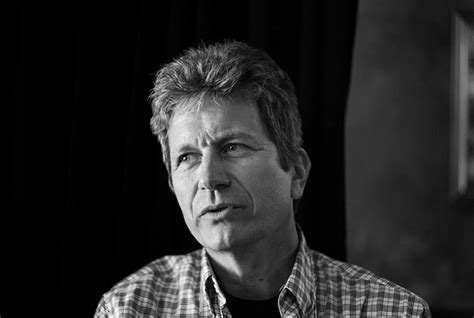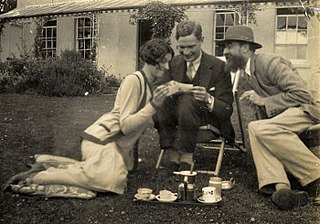A Quote by Emma Donoghue
A memoir is always the most authentic telling of a situation, but a novel gets to different places.
Related Quotes
I've been thinking a lot about why it was so important to me to do The Idiot as a novel, and not a memoir. One reason is the great love of novels that I keep droning on about. I've always loved reading novels. I've wanted to write novels since I was little. I started my first novel when I was seven.I don't have the same connection to memoir or nonfiction or essays. Writing nonfiction makes me feel a little bit as if I'm producing a product I don't consume - it's a really alienating feeling.
The process for writing a picture book is completely different from the process of writing a chapter book or novel. For one thing, most of my picture books rhyme. Also, when I write a picture book I'm always thinking about the role the pictures will play in the telling of the story. It can take me several months to write a picture book, but it takes me several years to write a novel.
Going from memoir to fiction was fantastic. I had been afraid to move away from memoir; I'd written some novel drafts, but they weren't well received by my agent at the time, and it had been drilled into me that "memoir outsells fiction two to one" (not sure if that's true anymore, or if it ever was), so I felt like the only smart thing to do, professionally, was to keep mining my life for painful moments to recapitulate.
If you're writing a book where you want to make a positive truth claim, then you should absolutely call it nonfiction or memoir. If you don't want to make that claim - if that's not what's important to you; if you're more interested in storytelling and interiority and interpersonal relationships than in objective, checkable facts about the world - then why wouldn't you call it a novel, and take advantage of what that gets you, of the extra freedom, of belonging to the tradition of the novel?
The WRITER of memoir gets incoming weirdness in very odd ways. I was recently talking to a memoir writer whose work just went meteoric - but some of the comments and communications and gestures she gets in the wake of that success are stunningly and atrociously over-personal, as if suddenly people feel like they know her and her life intimately, and have permission to transgress all her "life" boundaries.
The Crucible became by far my most frequently produced play, both abroad and at home. Its meaning is somewhat different in different places and moments. I can almost tell what the political situation in a country is when the play is suddenly a hit there it is either a warning of tyranny on the way or a reminder of tyranny just past.
For even satire is a form of sympathy. It is the way our sympathy flows and recoils that really determines our lives. And here lies the vast importance of the novel, properly handled. It can inform and lead into new places our sympathy away in recoil from things gone dead. Therefore the novel, properly handled, can reveal the most secret places of life: for it is the passional secret places of life, above all, that the tide of sensitive awareness needs to ebb and flow, cleansing and freshening.






































